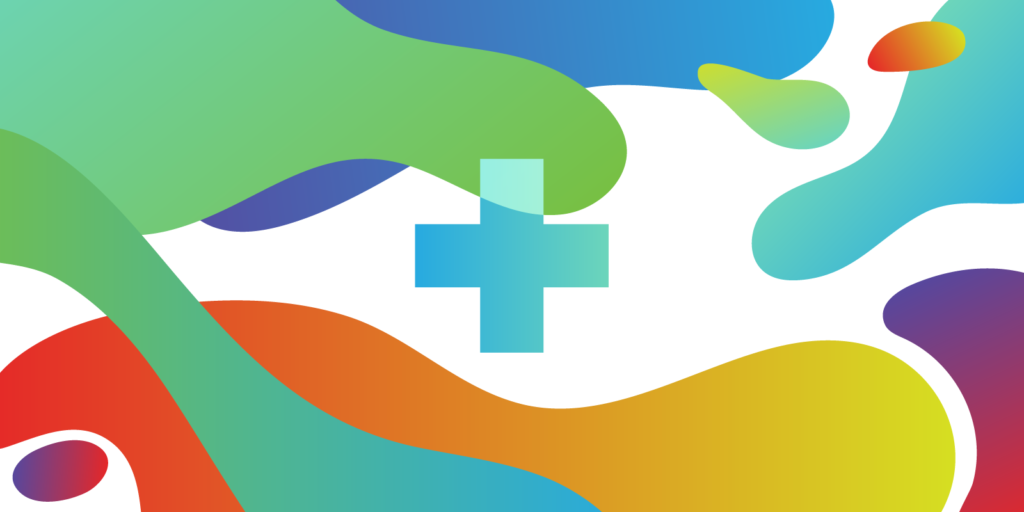Across the Middle East and North Africa, “fake news” laws add to the risks of the coronavirus global health crisis
In the ongoing global health crisis surrounding the COVID-19 (“coronavirus”) outbreak, it is crucial that people have access to accurate information, in order to stay healthy and slow the spread of the virus. The amount of information available on the internet can be overwhelming to sort through, and false health measures and reports can impede public health officials’ ability to effectively impact peoples’ behavior and curb the crisis. Misinformation and rumors on COVID-19 could be spreading as quickly as the virus itself.
In some cases, these rumors appear to be sparking division and xenophobia, stoking the fear or hatred already simmering under the surface in many societies. In addition to the reported global increase in xenophobia toward people who are of Asian descent or appear to be Asian, there are myths propagating that lay the blame for the creation or spread of COVID-19 on specific countries or people. These myths are based on prejudice, not facts.
Governments across the world and international health organizations like the World Health Organization (WHO) are fighting to mitigate the harmful impact of false health information. These efforts have included partnerships with Twitter, Facebook, and Google, to minimize the spread of misinformation but also, importantly, to prioritize and amplify accurate information about COVID-19 in regions across the globe. For instance, on Twitter, if you search #Qatar_is_Corona, you might see a blue banner at the top of the page that reads “Know the facts,” with a link to the WHO regional website and verified information about the virus.
As we have noted in our previous post on the coronavirus, Access Now strongly supports efforts like this to ensure people get access to information that will save lives.
In MENA, sharing information on the coronavirus can also put you at risk
Unfortunately, in some cases, poorly crafted and highly punitive “fake news” or “cybercrime” laws mean that people who want to share information about the coronavirus online, in an attempt to help friends and family, face risks they should not have to face.
In some countries in the MENA region, sharing false or inaccurate information related to COVID-19 could expose you to severe consequences. That is because governments have implemented “cybercrime” and “fake news” laws that criminalize the spread of any information deemed to “threaten national security.” Infractions in countries such as Bahrain, Egypt, Iran, Kuwait, Saudi Arabia, and the United Arab Emirates, among others, can lead to jail sentences and hefty fines. If you are found guilty, the prison terms range from a minimum of 3-5 years, and in the UAE, up to life imprisonment.
It is vitally important to have access to accurate information, but as we at Access Now have pointed out, these broad and vague laws threaten human rights, and in a public health crisis, deepen risks. The current wording of these laws leaves “national security” open to the interpretation of the adjudicator and thereby gives the state security apparatus control of journalists and those communicating on social media platforms. While we have yet to see application of these laws in this case outside Iran, the COVID-19 crisis of misinformation may be used to justify the existence of these laws, or to enact new laws that also contravene international human rights standards and impede freedom of expression.
We are concerned to see evidence that opportunists with political motivations may be using this health crisis to reinvigorate and entrench existing social divisions. In the past few weeks, observers and journalists have noticed a spike in the number of tweets seeking to stir up hostility along sectarian religious lines. As we allude to above, Arabic hashtags such as #قطر_هي_كورونا [#Qatar_is_Corona] have been trending in the region. One prominent tweet by Noura al-Moteari, a Saudi-based journalist, stated that the virus and its spread are being leveraged by Qatar to impede Riyadh’s Vision 2030 and the UAE’s Expo 2020. The tweet got hundreds of responses, with some supporting and others critical of her theory.
Last week Saudi Arabian authorities sent out a warning to its citizens and residents that “those found to be circulating fake news and rumors will be held accountable.” The reminder noted that punishment for an infraction is punishable with up to five years in prison and a fine of up to SR 3 million (USD 800,000).
What you can do: help advocate for laws that align with global human rights standards
The current global public health crisis could help shed light on “cybercrime” laws that have already been used to prosecute human rights defenders and journalists, and currently put free expression and access to information at even greater risk. The inconsistency in the application of these over-broad, poorly crafted regulations points to their covert political nature. Laws that contain abstract, vague language and impose harsh penalties do not align with global human rights standards, and they should be revoked.
We draw your attention once more to human rights defenders like Nabil Rajab in Bahrain, Alaa Abd El-Fattah in Egypt, Ahmed Mansoor in the UAE, and many others who are suffering under repressive conditions. If your organization is fighting for human rights, we encourage you to join our Statement for the Protection of Digital Rights Defenders.
Throughout this global public health crisis and beyond, Access Now will continue to use our platform and work within international human rights bodies to call out the ongoing and relentless violations to the right of freedom of expression and the misuse of the judicial system to criminalize online expression, silence human rights defenders, and muzzle government critics. We hope you add your voice.
Follow our work on the protection of digital rights in the context of the COVID-19 pandemic.
